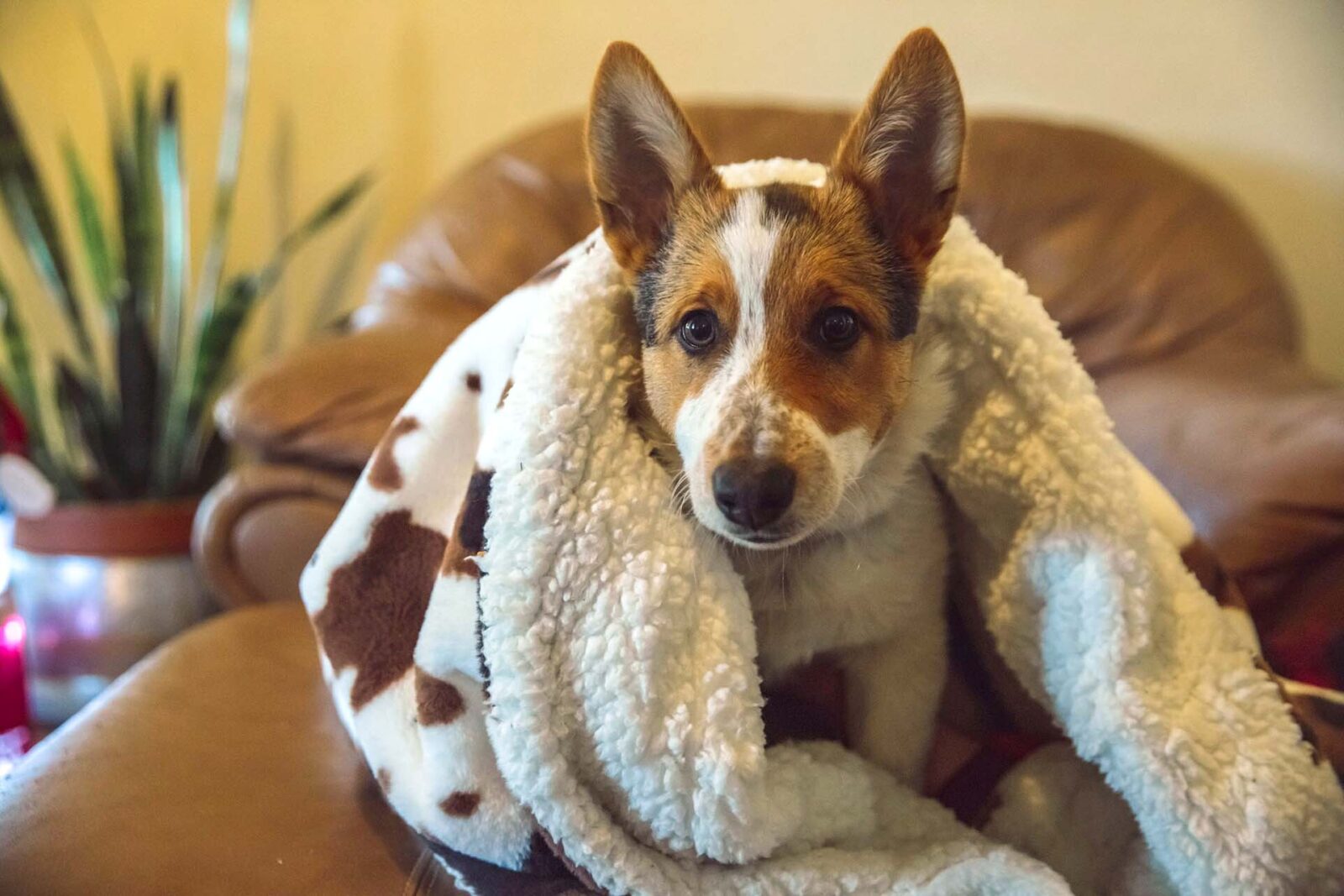
A dogs appetite truly is seasonal. That may not surprise you if you pay attention to your pups diet, especially in the winter.
During the cold winter months, especially in dogs in regions that have actual seasons, they require extra fats that help them stay warm. But while your dog's appetite may increase in the winter their metabolism and their activity will likely decrease, which can be a double whammy to their system and cause weight gain. According to www.breedingbusiness.com dogs need to eat less food with low carbohydrates and calories, but rich in fiber, protein, vitamins, and minerals.
Studies show, canines can consume two to three more calories than what has been eating at moderate temperatures. It's important to plan your dog's diet to control the excess fat accumulation and weight gain. Here are a few things to account for when it comes to planing your dog's diet for the winter.
Be cautious with treats
Yes, dogs love treats, that's no secret. It's also no secret that too much of a good thing can be big no no. Always keep treat sharing at a bare minimum because dog treats contain calories that way lead to overconsumption. Just like humans who like to pack it in during the holidays, dogs get cozy and aren't shy about big meals. And if you are one to share off your plate with your dog, this should be done with moderation.
Monitor calories
The amount of calories that a dog can eat during the winter depends on several factors. According to Breeding Business, it can vary between 10% and 90% of its regular intake. Always know the size, age, health status, amount of hair, and subcutaneous fat to determine how many additional calories you should be feeding your active dog. Then, match it with the actual outdoor temperature.
Not all dogs are the same. Some breeds will eat more in the winter, while others consume foods normally. Regardless, always feed your pet with the right amount of calories and monitor its weight and feed on a schedule. If you see that it starts losing weight, you can add some calories or cut the calories gradually if you notice any gain until the dog reaches its average weight during warm weather.
Doggy exercise
One way to make sure your dog is burning the excess calories to make sure your dog stays active. Exercise doesn't have to be all outdoors, get creative with ways to play indoors. Play rapid fetch in the living room or anything that gets them moving. Maybe find a new dog toy that might get them engaged and excited. Dogs that are inactive are prone to arthritis and other ailments as older dogs. One lazy winter could lead to bad habits so be sure to get your dog off the couch.
Pay attention to your dog's skin and health
A dog's best friend during the winter is its coat and it can become dry and cracked during the winter. But the underlying skin health could also be impacted by the cold. A few things you can do to help you pup combat the winter coat and skin issues is to feed them foods with lots of omega fatty acids. And be sure to check their paws because walking on cold surfaces can cause damage.
Keep your dog hydrated
Dogs are more vulnerable to dehydration during the winter. Be sure your dog has constant access to a clean water bowl, and if outdoors be sure it doesn't freeze over. Hydration is essential for a healthy body, mind and coat for your dog.
